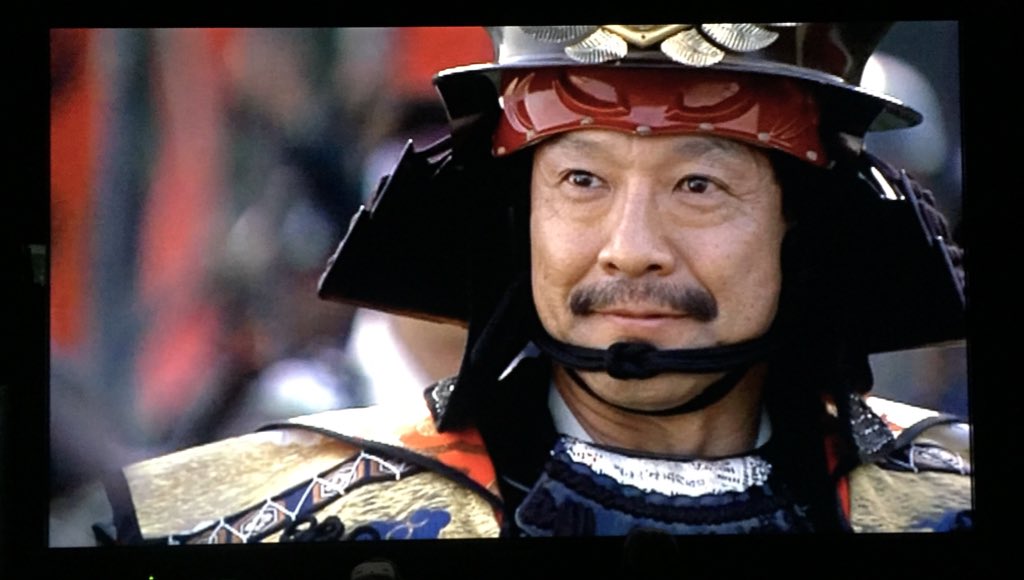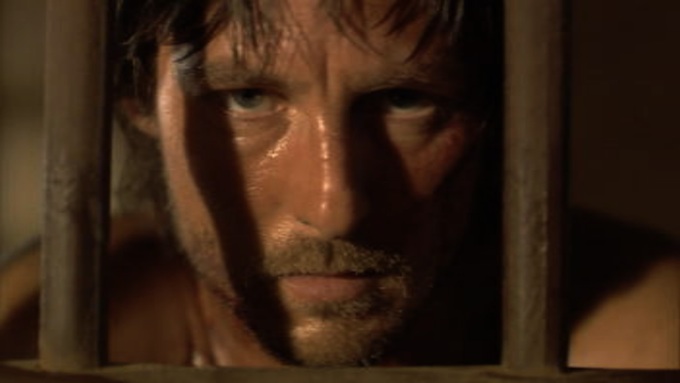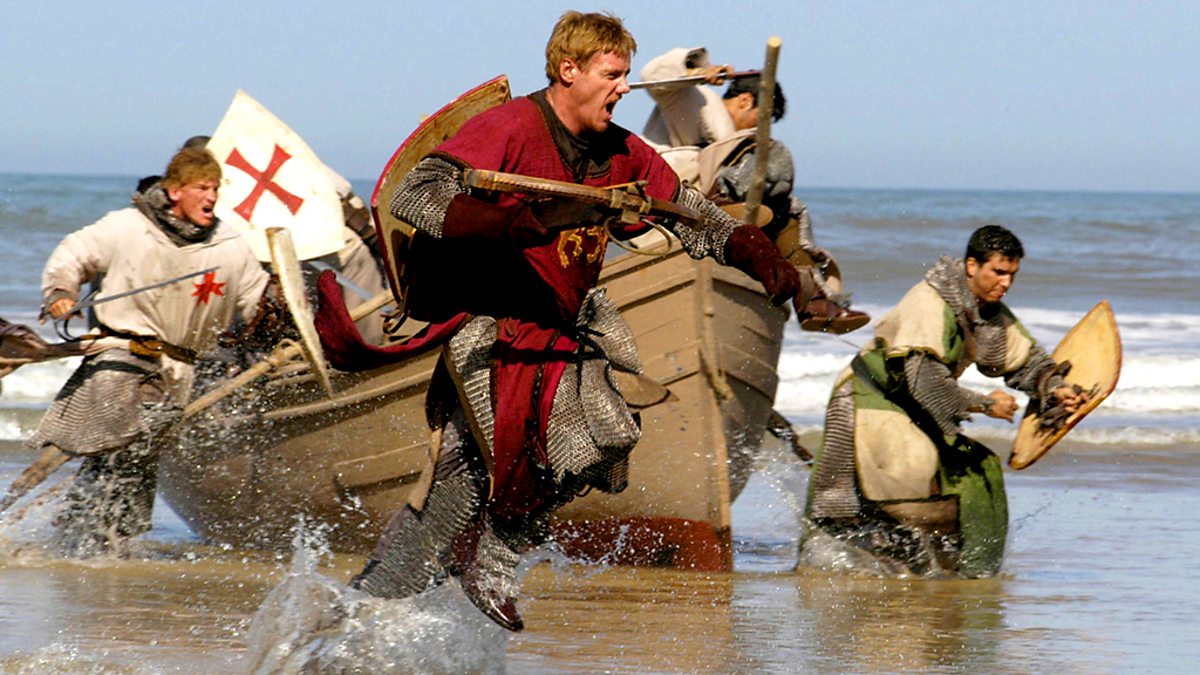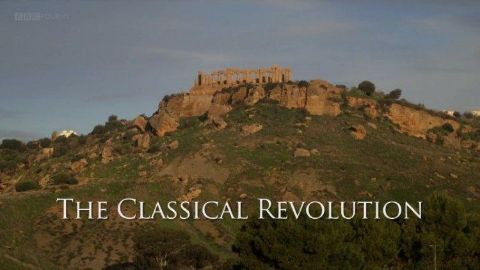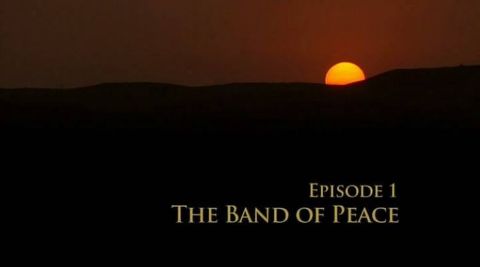Shogun • 2007 • episode "S1E2" • Warriors: Great Men of History
Drama-documentary about the Samurai general Tokugawa Ieyasu, a towering figure of Japanese history. He overthrew the governing dynasty of Japan and became the Shogun - the supreme military leader - of Japan. Ieyasu's rise to power climaxes in the biggest Samurai battle in history, the Battle of Sekigahara with 160,000 soldiers fighting for the future of Japan. On the way, there is a story of love for a reckless son, a politician in drag, a night time Ninja attack, suicide and betrayal. Brutal civil wars characterize Japan in the 16th century, it is the time of the samurai. The country is torn apart, powerful clans fight for supremacy. The greatest samurai general of all time is Tokugawa Ieyasu, better known as 'The Shogun'. In the greatest battle in samurai history, he risked everything in history's most daring military decision. His achievements resemble those of Caesar and Napoleon.
Make a donation
Buy a brother a hot coffee? Or a cold beer?
Hope you're finding these documentaries fascinating and eye-opening. It's just me, working hard behind the scenes to bring you this enriching content.
Running and maintaining a website like this takes time and resources. That's why I'm reaching out to you. If you appreciate what I do and would like to support my efforts, would you consider "buying me a coffee"?
Donation addresses
BTC: bc1q8ldskxh4x9qnddhcrgcun8rtvddeldm2a07r2v
ETH: 0x5CCAAA1afc5c5D814129d99277dDb5A979672116
With your donation through , you can show your appreciation and help me keep this project going. Every contribution, no matter how small, makes a significant impact. It goes directly towards covering server costs.

